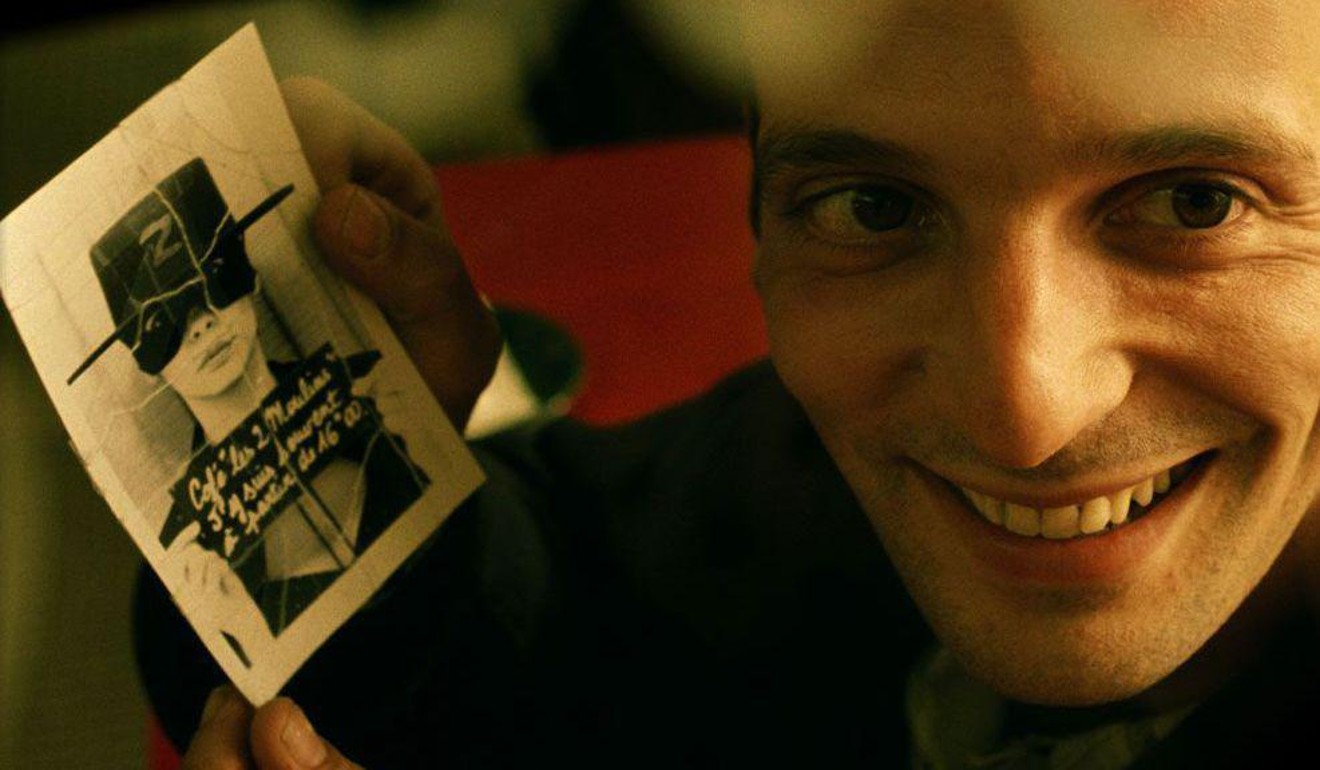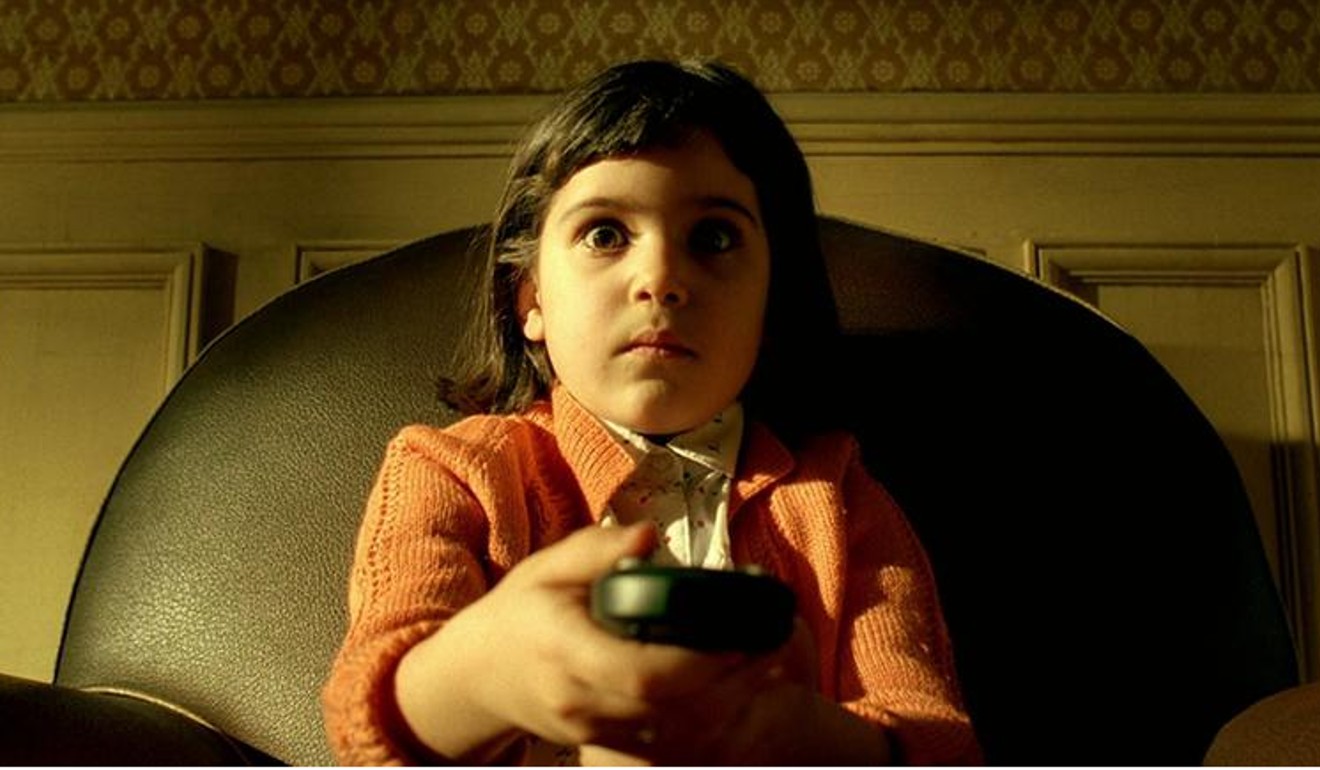
Classic European films: Amelie, starring Audrey Tautou, is adorable and alluring, if an acquired taste
- Written and directed by Jean-Pierre Jeunet, Amelie is so breathless and beautiful you have no choice but to be swept along
- But it survives on a kind of amphetamine whimsy, which can be both enchanting – and exhausting
In this regular feature series on some of the most talked-about films, we examine the legacy of classics, re-evaluate modern blockbusters, and revisit some of the most memorable lines in film. We continue this week with the 2001 film Amelie .
Like a patisserie shop window display full of colour and quirk, the 2001 romantic comedy Amelie is an acquired taste: a treat for some, too saccharine for others. It might also be the Frenchest film ever made, accordion soundtrack and all.
Oscar-winner Three Billboards isn’t quite the sum of its parts
It was written and directed by Jean-Pierre Jeunet, the visual stylist behind the 1991 black comedy Delicatessen, 1995’s nightmarish The City of Lost Children and the flawed Alien Resurrection from 1997. Jeunet is a master when it comes to world-building, but less so when it comes to plot. So instead Amelie survives on a kind of amphetamine whimsy, which can be both enchanting – and exhausting.
The premise is simple. Lonely Amelie (the adorable Audrey Tautou) is a waitress in Montmarte, Paris. One day she finds a box of childhood trinkets hidden in her flat and decides to return it to the owner. He is so grateful that she begins a campaign of random good deeds, matchmaking her customers and doing kind, cinematically arresting things, like narrating the rush-and-push of the local marketplace to a blind man. As ever with Jeunet, it’s not the destination that’s important, but the details.
Amelie, we learn, likes skimming stones, taking Instamatic camera pictures and “looking back at people’s faces in the dark at the cinema” – in other words, she is basically a proto-hipster. Jeunet uses the same schoolgirl doodles to delineate a mosaic of secondary characters.
Amelie’s father, for example (the intriguingly single-named actor Rufus), loves cleaning his toolbox, but hates clingy swimming trunks. Joseph (Jeunet regular Dominique Pinon), a customer in the cafe, is obsessively jealous of his girlfriends, but loves popping bubble-wrap. Love interest Nino (La Haine director Mathieu Kassovitz) works in a porn shop, but spends his spare time mending torn-up photo booth pictures.
In Jeunet’s freewheeling universe, they are all cogs in the Rube Goldberg machine of the city, their stories unlocking other stories until the whole thing moves as one. To animate his sun-burnished Paris, Jeunet throws everything at the screen: old cinefilm, CGI, endless eccentricities and filigree details. To an outsider it is alluring, but it makes you wonder whether it annoys Parisians quite as much as, say, the idealised films of Richard Curtis irritate Londoners.


When it finally emerges, the love affair between Amelie and Nino is the film’s weakest link. But it is the asides, the glorious whirr of life as it whizzes past, that stays with you. Does Jeunet ever go too far? Frequently, but that’s the point. And for the most part his labour of love is so breathless and beautiful you have no choice but to be swept along.

